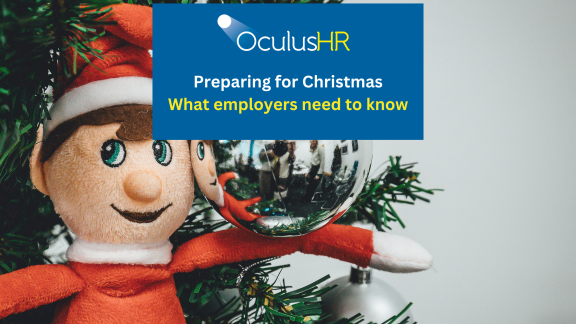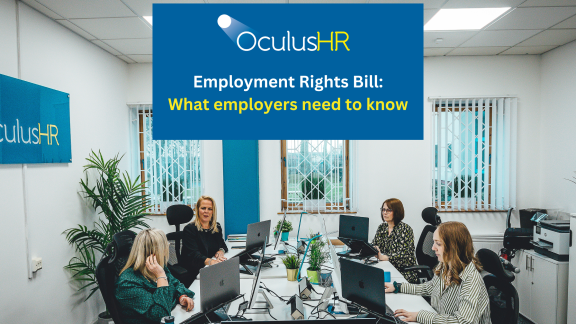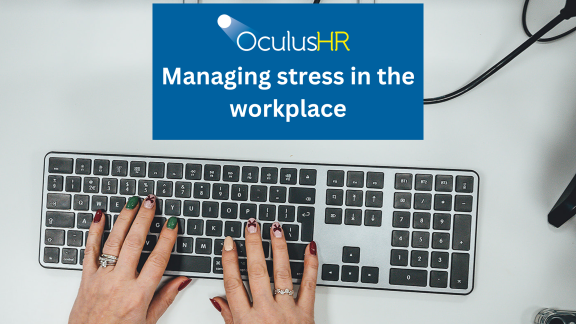The Employment Rights Bill represents one of the biggest shifts in UK employment law for years. Designed to strengthen worker protections and promote fairer work, it also brings new responsibilities for employers.
Now’s the time to understand what’s changing and how it could impact your business.
Where we are and what’s next
The Bill was introduced to Parliament in October 2024 and is currently progressing through the final stages before Royal Assent. While most measures are not expected to come into force immediately, the Government has released a roadmap confirming that changes will be rolled out gradually from 2026 onwards.
This phased approach is designed to give employers enough time to adapt to the changes in legislation.
Key changes at a glance
Here are some of the headline reforms that you need to be aware of:
- Day-one unfair dismissal rights, removing the current two-year qualifying period
- Guaranteed hours for zero hours contracts, plus rights for agency workers to have contracts reflecting their average hours
- Family-friendly reforms, including day-one rights to paternity and unpaid parental leave, and a new right to bereavement leave
- Statutory Sick Pay (SSP) reforms, removing the lower earnings limit and waiting days
- A stronger duty on harassment prevention, requiring employers to take all reasonable steps to prevent harassment, including from third parties such as contractors or customers
- Extend employment tribunal time limits, increasing from three to six months
- The creation of the Fair Work Agency, a new body responsible for enforcing employment standards across key areas including pay and working conditions.
Together, these changes represent a major shift in how employers manage, support, and protect their people.
Timelines and readiness
The latest version of the Bill is scheduled to be considered by the House of Lords on 28 October and is expected to receive Royal Assent around the beginning of November, with changes being rolled out from 2026.
This means that employers have plenty of time to prepare, but those who act early will be in a far stronger position when the changes arrive.
Employment Rights Bill FAQs
Does this mean zero-hours contracts will be banned?
Not entirely. The reforms focus on tackling exploitative practices by introducing fair notice and guaranteed hours. Flexible arrangements will still be possible, but within tighter boundaries.
Does day-one unfair dismissal mean anyone could make a claim?
In theory, yes. But the Bill also introduces statutory probation periods to help employers assess new hires fairly. The key will be having clear procedures and documentation in place.
What are the biggest cost considerations?
Reforms such as guaranteed hours, enhanced sick pay, and extended leave may increase costs for some employers. Factoring these changes into your workforce planning now will help minimise disruption later.
How we can help
The Employment Rights Bill marks a major step forward for employee protection, but it also requires employers to rethink how they manage people, processes, and compliance.
At Oculus HR, we help businesses navigate change with confidence. From reviewing contracts and policies to training managers and preparing for new employment laws, we’ll make sure your organisation is ready for what’s ahead.
If you’d like expert HR support to help you understand how these changes could impact your business, get in touch today.















